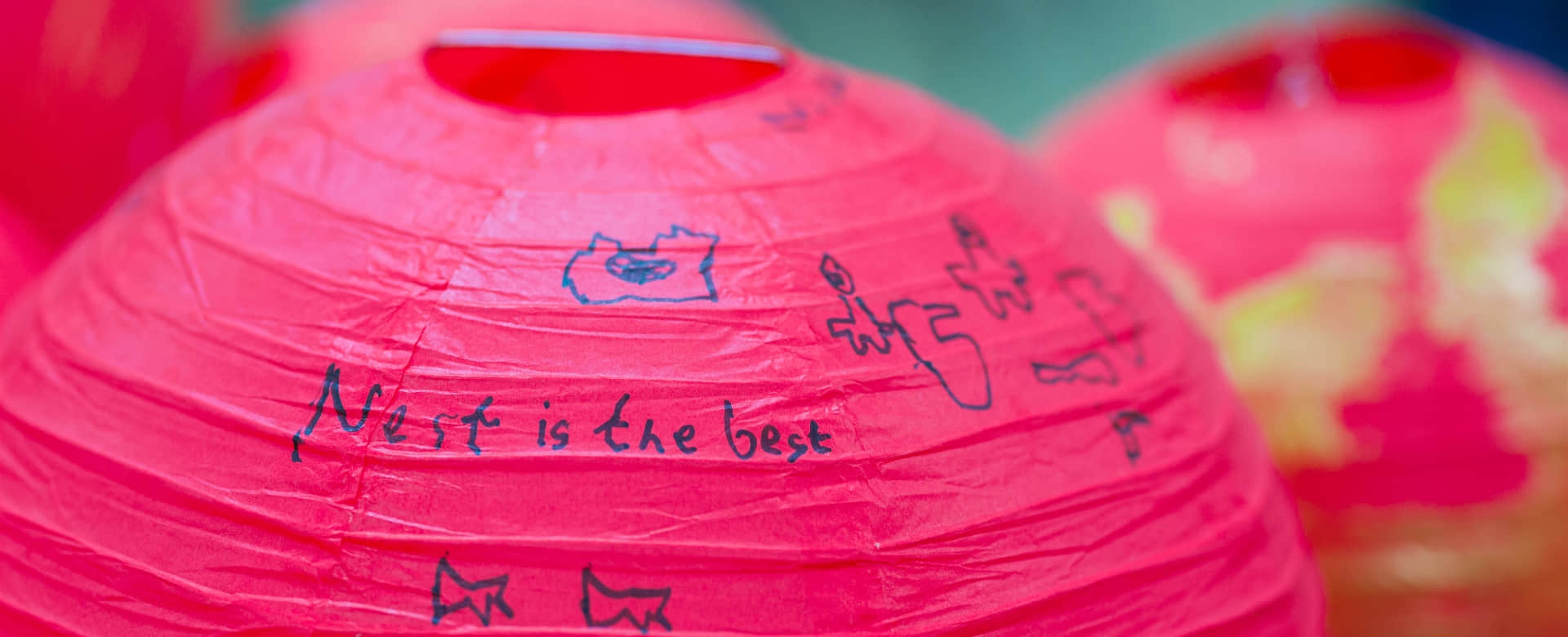Educational Insights | Attendance Means Progress

Jan Bennett
Head of Early Years
When you make the decision to send your child to Wellington College Bilingual Tianjin Nursery you do so because you want the best for your child. You want them to make the best progress possible in their learning and you want them to learn another language.

Our focus in the Nest is on enabling your child to engage fully and regularly with their learning across all nine areas of learning and development. We also take pride in our work with the children on wellbeing and involvement, an aspect of a child’s development that is often overlooked but is, research indicates, essential in nurturing the learning of your child.
The Nest is there to provide the very best possible start to a child’s fulltime educational journey. The programme of study is designed as an integrated four-year model, building on a child’s prior learning and experience as part of a holistic, bilingual education. As a part of this all-rounded approach, teachers assess the progress of your child throughout the term, collecting and analysing the data seven times each academic year. This not only helps us to report their progress and achievement accurately to you, their parents, but also means that we are able to target specific teaching to individual children in areas they need more support. This means every child has the provision to allow them to apply new skills and knowledge independently, demonstrating what they have learned.
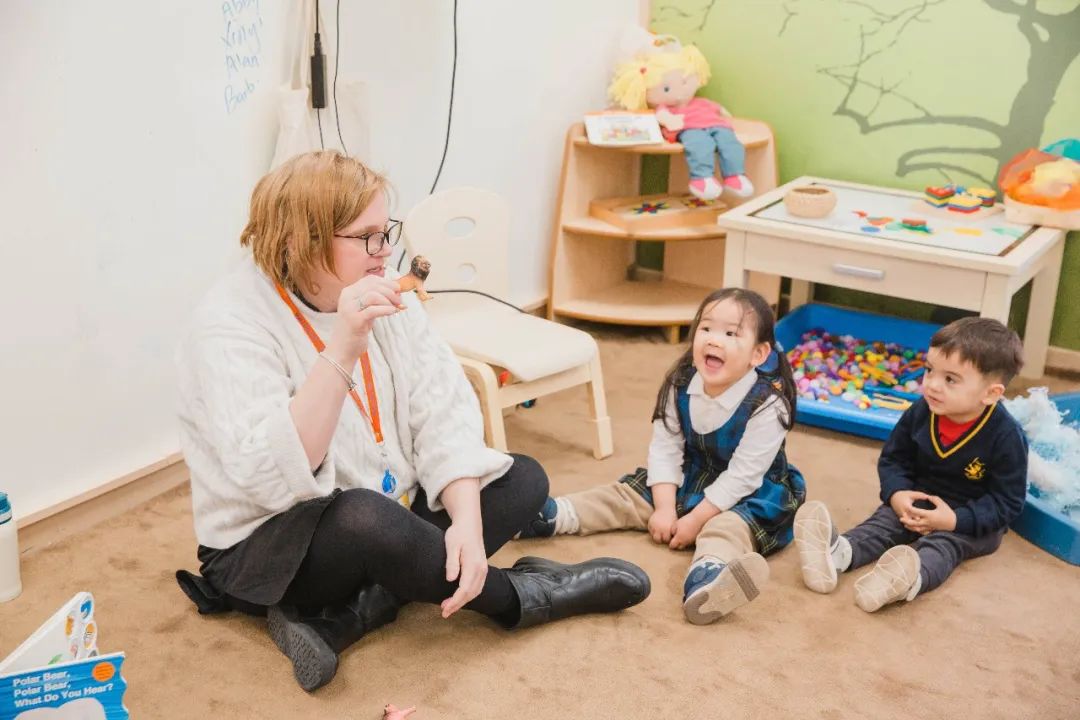
Teachers plan for progress through this targeted approach, and this means we can ensure your child is making progress. For a child to fully access the powerful learning that our Early Years curriculum provides, they must be in school. Good attendance is the only way to ensure a child can achieve their learning goals across the year. High attendance is critically important in helping a child become a successful life-long learner – these are the years when they learn socialisation skills, for example. Our programme is designed to deliver skills that build on one another. If a child is absent for an extended period of time, they can miss the foundation skills they need to learn the next skill and when children have to spend school time in catching up with their peers, they are often slower to grasp the new skills being taught to their rest of the class. Extended absences from school damage the learning of a child.
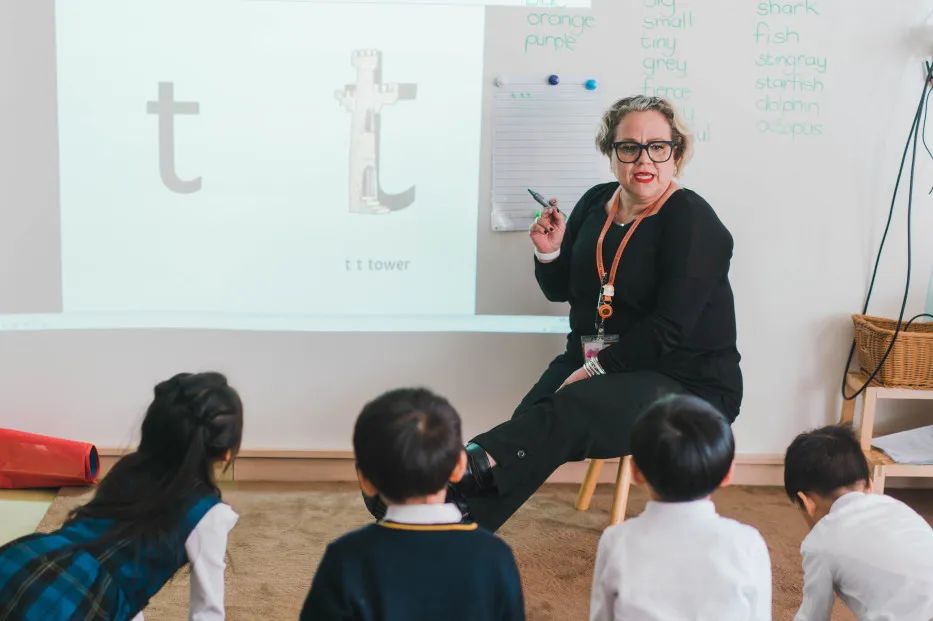
There is a growing body of research that shows children who miss 10% or more of their learning have weaker reading, writing and numeracy skills. Attending school regularly is essential to children gaining the academic and social skills they need to succeed. Nursery, for example, is a pivotal year. This is when children will acquire many new skills and knowledge as they start connecting the links in their learning from their time pre-Nursery. It is in this year, therefore, that learning ‘explodes’ as their prior learning comes together to provide the ideal foundation for what comes next: Reception. Here, a child encounters phonics for the first time, through our Read Write Inc programme. Children with daily, long-term attendance in these year groups learn new phonemes each week and show far greater confidence in applying these in their independent writing.
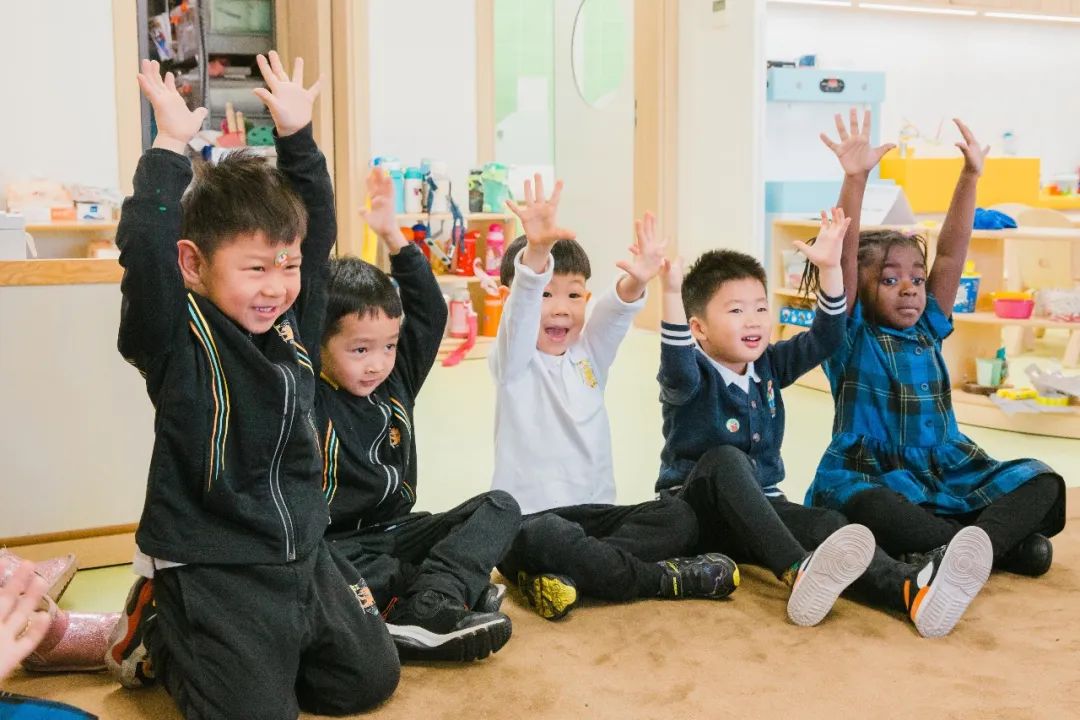
There is very real clear impact on progress and attainment linked to attendance. This table shows the attainment percentage difference between children who have a minimum of 90% attendance both in person and e-learning, and those who have not been in school or e-learning as often. Those children with regular attendance are making between 21% and 71% more progress than those with poor attendance. This disparity in performance for children is only increased as the absence rate grows: missing days in school, therefore, has a real and damaging impact on a child’s learning and socialisation.
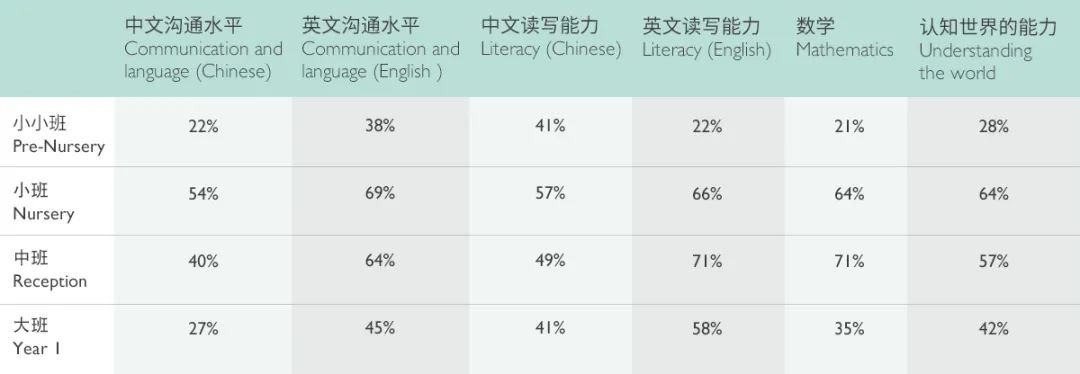
How many days
equals 90% attendance?
There are 180 school days in an academic year. To achieve 90% attendance your child should attend for at least 162 days (absent for 18 days or less).

Does it matter
if my child is late arriving to school?
Yes, when your child arrives late, their friends are already busy learning and have made a great start to their learning for the day. Often when children are late, they take more time to settle into their learning for that day. Imagine you are going to attend a meeting and arrive late. It can make you feel anxious or apologetic as you may have missed introductions or important information. School starts at 8:30 and your child should be in class by then ready to take on their learning for the day. Our specialist lessons such as swimming, P.E. and music start at 8:30, so arriving late is disruptive for the lessons as well as your child.

Does it matter
if they miss a phonics session?
Phonics starts at 9:00 or 9:30 depending on if your child is Reception or year 1. These Read Write Inc sessions are highly structured and follow a set pattern. Each session builds on the session before and children who attend regularly make rapid progress when they first encounter phonics in Reception. The programme builds quickly, teaching phonemes and letter shapes and with new phonemes added daily. The session starts with a review of phonemes learned so far with rapid recall; introduces the new phoneme; provides an opportunity to listen to the new sound and previously learned phonemes; write the letter and then use it in words. The programme then builds to writing words, phrases and whole sentences. Missing out on phonics inevitably slows the pace of progress for a child. Missing just 10% of phonics sessions makes it so difficult for your child to catch up as they potentially missed up to 8 phonemes and the many opportunities to apply their phonic skills in independent writing.

I hope this short piece explains why attendance is the key to progress and success and why we as a school feel it is so central to a child’s growth. As a school, we want to find a way to reward children who are the best attendees in school. We are therefore introducing the new 'Welly Attendance Certificate' from April.

Welly is our wonderful lion mascot. From the start of the summer term, we will award Welly’s certificate each month to every child who achieves at least 90% attendance.
90% attendance means they are in school by 8:30AM and in school for the whole day. Children are registered twice a day in class and a third time for all ASA provision. We use a school management system to register children. During online learning children are registered for each e-learning session.
I hope you are able to support this initiative to get children in school, learning, making good progress and developing the dispositions and attitudes they need to be successful lifelong learners.

Related Articles








 Channel
Channel 
 Linkedin
Linkedin  Weibo
Weibo  Facebook
Facebook  Ins
Ins 


